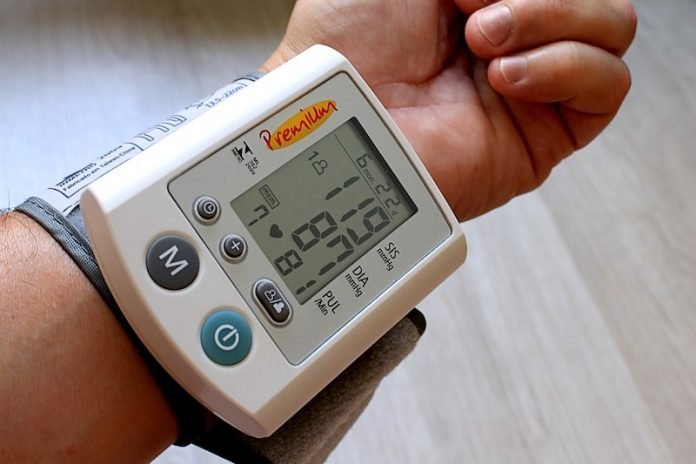
In a new study, researchers suggest that about 50% of adults in the U.S. should check their blood pressure regularly at home.
This is because many people have borderline high blood pressure when they check their blood pressure readings in the doctor’s office. They may be too nervous or too relaxed.
The research was conducted by a team from the University of Alabama at Birmingham.
Currently, nearly 93% of U.S. adults who have high blood pressure when measured in their doctor’s office and don’t take blood pressure medicine meet the criteria for “white coat hypertension”.
White coat hypertension is a phenomenon in which people exhibit a blood pressure level above the normal range, in a clinical setting, though they do not exhibit it in other settings.
It is believed that the phenomenon is due to anxiety experienced during a clinic visit.
Meanwhile, about a third of U.S. adults experience “masked hypertension”, in which patients have normal blood pressure readings at the doctor’s office but the experience increases in blood pressure at other times of the day or in different settings.
Both conditions show that a patient’s blood pressure readings can be inaccurate due to certain environments.
In the new study, the team suggests that the best way to prevent the two conditions is to monitor blood pressure at home.
They used the 2017 American College of Cardiology and American Heart Association guidelines to determine that as many as 104 million adults in the U.S. should use a blood pressure machine at home to provide backup for the results from their visit to the doctor’s office.
People are considered to have high blood pressure if their top number is 130 or higher and their bottom number is 80 or higher.
The team says that it is easy to get reliable home versions with an electronic inflatable cuff to measure blood pressure. But the device should be one that already has been tested and validated.
People can also use ambulatory blood pressure machines to track their blood pressure at home.
Monitoring blood pressure at home can help reduce the risk of heart disease, stroke, and organ damage.
The senior author of the study is Paul Muntner, an epidemiologist at the University of Alabama at Birmingham.
The study is published in the American Heart Association journal Hypertension.
Copyright © 2019 Knowridge Science Report. All rights reserved.



